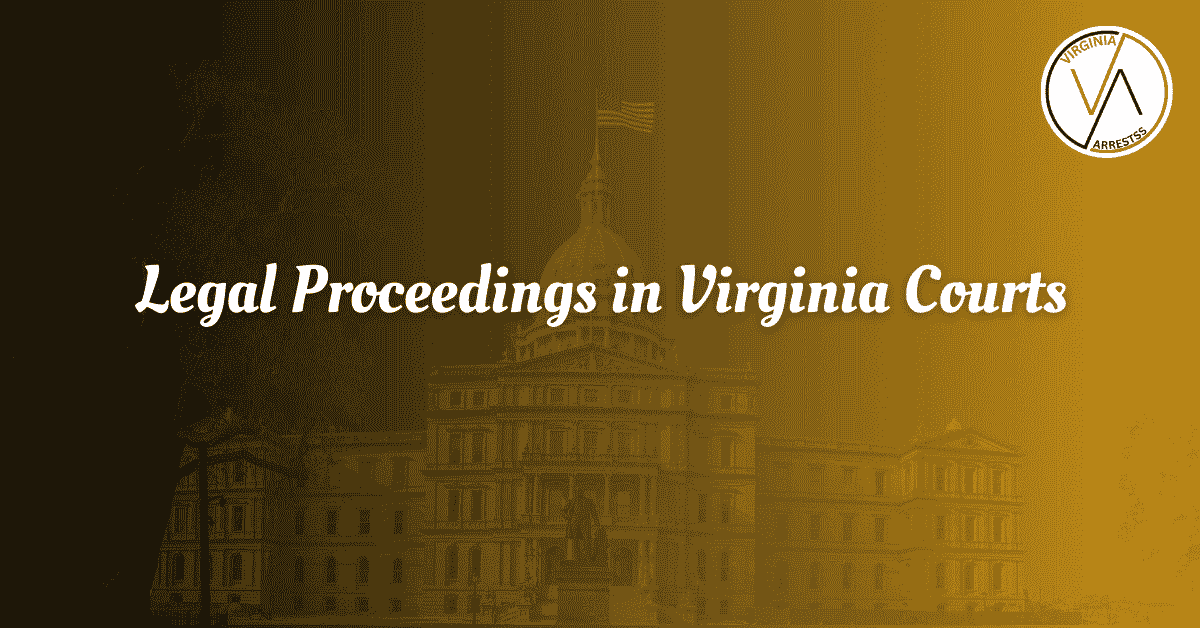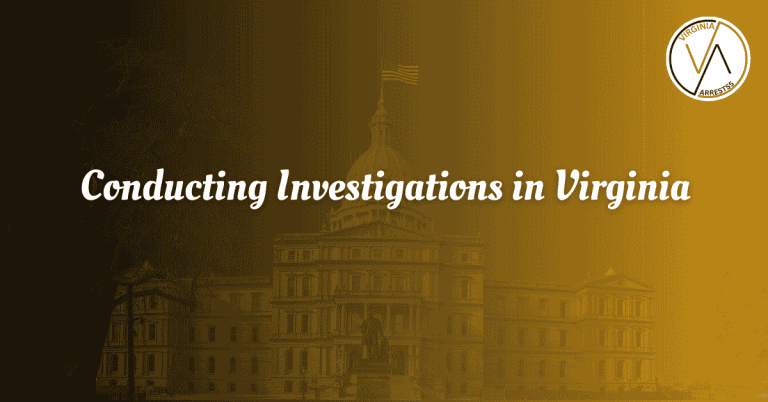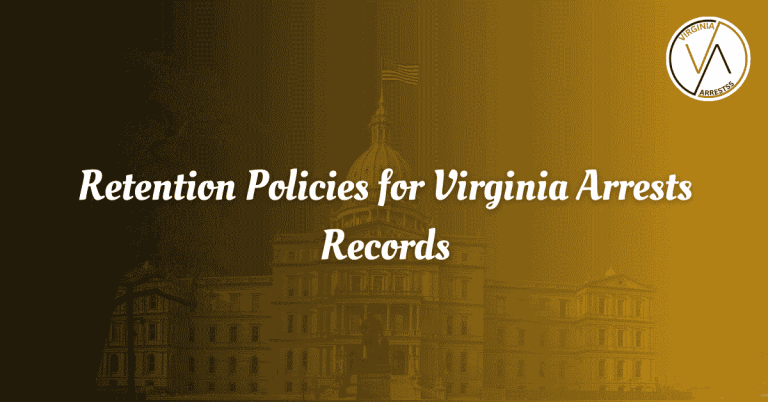Legal Proceedings in Virginia Courts
Legal proceedings in Virginia courts play a crucial role in upholding justice and resolving disputes within the state. From civil cases to criminal trials, the judicial system in Virginia ensures that all legal matters are addressed efficiently and fairly. With a rich history dating back to colonial times, Virginia courts continue to serve as pillars of the legal framework in the state.
Whether you are involved in a lawsuit, seeking legal redress, or simply interested in understanding the intricacies of the judicial process, navigating legal proceedings in Virginia courts can be complex yet rewarding. From the Circuit Courts to the Supreme Court of Virginia, each judicial institution offers a unique perspective on the legal landscape of the state. Stay informed and empowered as we delve into the realm of legal proceedings in Virginia courts.
Overview of the Court System
The court system in Virginia is divided into different levels, each with specific jurisdictions and responsibilities. From local district courts to the prestigious Supreme Court of Virginia, each level serves a unique purpose in the legal proceedings of the state.
History of Virginia’s Court System
The history of Virginia’s court system dates back to the colonial era, with the roots of the current system tracing back to English common law traditions. Over the years, the court system has evolved to meet the changing needs of society.
Importance of Virginia Courts Today
Virginia courts play a crucial role in maintaining law and order in the state, ensuring that justice is served and disputes are resolved fairly. The courts uphold the rule of law and protect the rights of all individuals involved in legal proceedings.
Types of Cases Handled
Virginia courts handle a wide range of cases, including civil lawsuits, criminal matters, and family disputes. Each type of case has its own set of procedures and requirements that must be followed for a fair and just resolution.
Civil Lawsuits in Virginia Courts
Civil lawsuits in Virginia courts involve disputes between individuals or entities that do not involve criminal charges. These cases can range from contract disputes to personal injury claims and property disputes, among others.
Criminal Cases Process
Criminal cases in Virginia courts involve charges brought against individuals accused of committing crimes. The process includes arraignment, trial, and sentencing, with the goal of ensuring that justice is served and the rights of the accused are protected.
Family Matters and Virginia Courts
Family matters in Virginia courts include cases related to divorce, child custody, and adoption, among others. These cases require sensitive handling to ensure that the best interests of all parties involved, especially children, are protected.
Levels of the Judicial System
The judicial system in Virginia is divided into different levels, each with its own set of responsibilities and jurisdictions. Understanding the role of each level is essential for navigating the legal proceedings in the state.
Role of Circuit Courts
Circuit courts in Virginia handle a wide range of cases, including civil and criminal matters. These courts have general jurisdiction and are responsible for overseeing trials and appeals in their respective circuits.
Significance of Supreme Court of Virginia
The Supreme Court of Virginia is the highest court in the state, responsible for reviewing decisions from lower courts and ensuring that the law is applied correctly. The court plays a crucial role in interpreting the law and setting legal precedents.
Local District Courts
Local district courts in Virginia handle a variety of cases, including traffic violations, small claims, and preliminary hearings for more serious offenses. These courts serve as the entry point for many legal matters and play a vital role in the state’s legal system.
Frequently Asked Questions
Find answers to commonly asked questions about Legal Proceedings in Virginia Courts below.
What is the process for filing a lawsuit in Virginia?
When filing a lawsuit in Virginia, you must first draft a complaint outlining your claims and the relief you seek. Then, you must file the complaint with the appropriate court and serve the defendant with a copy. The defendant will have the opportunity to respond, and the case will proceed through discovery, motions, and potentially trial.
What is the statute of limitations for filing a lawsuit in Virginia?
In Virginia, the statute of limitations varies depending on the type of case. For example, personal injury cases typically have a two-year statute of limitations, while contract disputes have a five-year statute of limitations. It is crucial to consult with an attorney to ensure you file within the appropriate timeframe.
How does the appeals process work in Virginia Courts?
If you are unhappy with the outcome of your case in Virginia, you may have the option to appeal. The appeals process typically involves submitting a notice of appeal, compiling a record of the lower court proceedings, and presenting arguments to a higher court. Appeals can be complex, so it is advisable to seek legal representation.
What are the different types of courts in Virginia?
Virginia has a tiered court system that includes the Supreme Court of Virginia, the Court of Appeals of Virginia, and various circuit and district courts. Each court has specific jurisdictional limits and handles different types of cases, ranging from traffic violations to complex civil litigation.
How long does it take for a case to go to trial in Virginia?
The timeline for a case to go to trial in Virginia can vary significantly depending on the complexity of the case, court backlog, and other factors. Some cases may be resolved quickly through settlement or summary judgment, while others may take months or even years to reach trial.
What are the rules of evidence in Virginia Courts?
Virginia follows the rules of evidence set forth in the Virginia Rules of Evidence, which govern the admissibility of various types of evidence in court proceedings. These rules dictate what evidence can be presented at trial, how it can be presented, and the standards for its admissibility. It is essential to understand these rules when preparing for trial.







